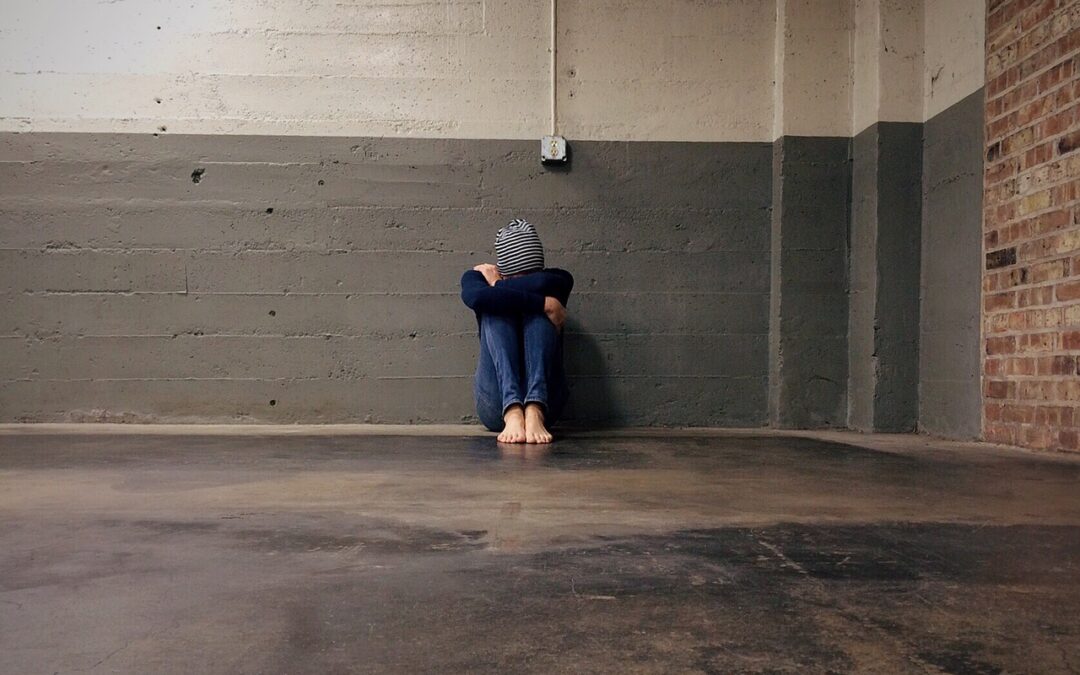It seems like we hear of another bullying-related suicide almost weekly and with the unfortunate increase in suicides, people are becoming more aware of how big of a problem bullying has become. Fortunately, this means programs are being put into place to decrease occurrences, however, this type of harassment still happens quite often so it’s important to understand the effects of school bullying on your child.
Bullying is:
- The use of power to control or harm someone who either can’t defend themselves or who may have a hard time doing so
- The goal of causing harm
- The same person or same group of people harassing the same person repeatedly
Those children who are most at risk of being bullied are those who are less popular than others, who have low self-esteem, have few friends, and are depressed or anxious. The children who tend to be bullies are those with social power who like to dominate others and are concerned about their popularity. In addition, bullies often also have low self-esteem, are aggressive, and tend to be impulsive and easily pressured by their peers.
There are several types of bullying, but the most prominent in-school bullying is social bullying, which includes:
- Targeting a person’s social status to tear it down
- Shunning a person
- Damaging a person’s reputation by spreading rumors
- Excluding a person from social activities
With the rise of Facebook, Twitter, YouTube, and texting, the problems of school bullying have also risen to high-tech levels. When a bully is no longer forced to face their victim and has the protection of anonymity it’s much easier to shed any sense of empathy they have and to post embarrassing or humiliating videos, pictures, or comments about the person they’re targeting.
The effects of school bullying can lead to childhood anxiety disorders and depression that often continues into adulthood. A person who was bullied in school is more likely to allow themselves to be harassed in the workplace when they get older. Over time they begin to believe what bullies say about them and they start to avoid interactions and situations that could actually be positive. Oftentimes the anxiety they feel will manifest itself physically, by means of:
- Headaches
- Stomach aches
- Aches or pains throughout the body
- Weight loss
- Sleeplessness
Fortunately, there is help for the victims of bullying. A psychologist can help examine the situation and develop coping methods that suit the victim’s personality. These coping behaviors will compartmentalize how the child should react in particular situations. Psychologists can help victims rebuild their self-esteem and confidence so that future bullying can be avoided.
If you or someone you know has experienced the effects of school bullying, it’s important to seek help as soon as possible. Ignoring the problem often makes things worse and can lead to greater issues down the line. For more information, call Dr. Andrew Rosen and The Center for Treatment of Anxiety Disorders in Delray Beach, Florida at 561-223-6568 today.

